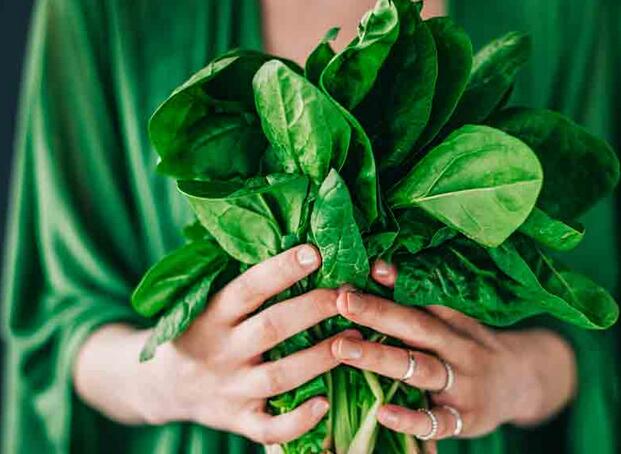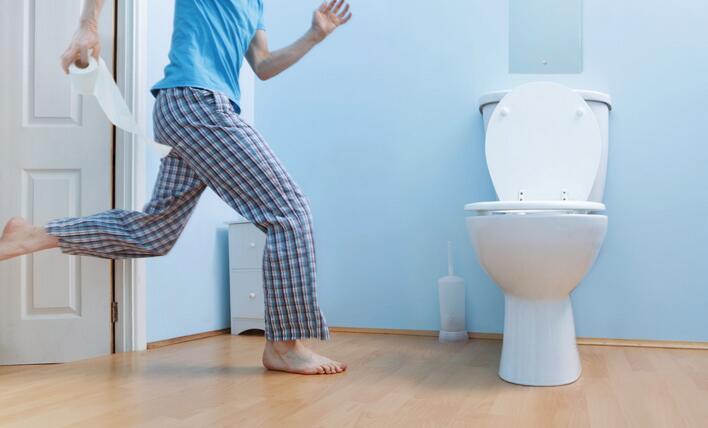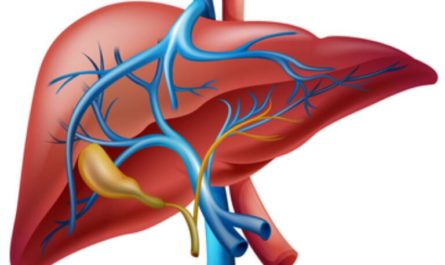Dark green poop can be an alarming sight, as it is quite different from the normal brown color of feces. It can be caused by various things, including certain foods, medications, and underlying medical conditions.
In most cases, dark green stool is just a harmless reaction to a chemical or nutrient in the food. However, it can also signify that the body negatively responds to a chemical or something you have consumed.
Please pay attention to other symptoms that may accompany it, as this could provide more insight into the condition. This article will explain why dark green poop can occur and when to see a doctor if it persists.
Why is my poop green?
The bile present in the intestines usually has a yellow-greenish hue. This bile juice absorbs fats and soluble vitamins and helps in softening the food. The bacteria in your intestines provide the rest of the color, which makes it brown. These bacteria also play an essential role in your digestion as they also help the body absorb the nutrients from your food and beverages.
There are cases when your stool is different because the food cannot spend enough time inside the intestines. For instance, if a person has diarrhea, the foods in the intestines rush too fast to let bacteria provide the stool its brownish color. Foods, medications, and other diseases cut bowel transit time and form green poop.

9 Common Causes of Dark Green Poop
Here are some common causes of green poop you should know.
1. Consumption of Leafy Vegetables
One of the common reasons for dark green poop is the excessive consumption of leafy vegetables. A high intake of lettuce, spinach, peas, broccoli, and other green vegetables can change the hue of your stool into the green.
This is just a sign that your body is getting more nutrients, and you should not be worried about the color. Taking iron supplements can also affect your poop and produce a dark green hue.
2. Food Dyes
Foods with strong coloring can also cause, as some people develop, a sensitive reaction to dyes, which changes the color of poop into dark green. Food dyes are usually not absorbed by the body, and they get excreted.
If you recently consumed foods with food coloration, you will likely produce green poops over the next few days. For example, you and your friend can eat the same thing, but only you have a green stool.
3. Certain Medications
Taking medications, such as antibiotics or laxatives, for intense infection can result in dark green poop. Antibiotics can eliminate large amounts of bacteria present in your gut.
This lowers the bacteria that can provide brown stains on your stools. The dark green color is just a side effect of the medication. It usually disappears once the body gets used to the drug. Probiotics, such as kombucha and yogurt, can help the body restore the balance of good bacteria.
4. Irritable Bowel Syndrome
Irritable bowel syndrome is a digestive condition that causes foods to rush through the intestines. This diminishes the amount of time needed for the food to be processed. Digestive discomfort caused by eating spicy foods or high gluten content can result in dark green poop. While IBS’s exact cause is unknown, avoiding the triggers can alleviate the symptoms.
Some symptoms of IBS include indigestion, loose or hard stools, heartburn, cramping, diarrhea, constipation, and bloating. Any situation that leads to severe diarrhea can produce dark green stool. Allergies can cause certain foods, excessive alcohol consumption, and bacterial infection like Salmonella. It can also be caused by the water parasite Giardia, laxative abuse, or malabsorption.
If you are experiencing any signs and symptoms of irritable bowel syndrome, visit your doctor to reduce your risk of further health complications. You can also consume yogurt to make you feel better as it contains probiotics or good bacteria.
5. Ulcerative Colitis
Another digestive problem that can cause dark green poop is ulcerative colitis. Depending on the area and severity of inflammation, the signs and symptoms may include diarrhea, rectal pain and bleeding, weight loss, fatigue, urgency or inability to defecate, and fever. Children suffering from this condition may fail to grow.
Ulcerative colitis can be mild and may only affect the rectum. In severe cases, it can affect other parts of the colon. The exact cause of this condition is still unknown, but it can be due to an immune system malfunction. If you are experiencing abdominal pain, unstoppable diarrhea, blood in the stool, and unexplained fever, see a doctor immediately for proper diagnosis and treatment.
6. Lack of Intestinal Bacteria (Infants)
Green poops are normal in newborns and breastfed infants. Infants who release dark green poop have low amounts of bacteria in their intestines.
Those who are not given formula and only breast milk may not develop enough bacteria in their digestive tract, which generally assist in breaking down food. Breast milk contains high-fat levels, and formula milk helps digest it. The absence of formula milk usually results in dark green poop.
7. Cleansing
People who have been recommended to undergo a clear liquid diet may also produce watery and green stools. A colon cleanse is a treatment to eliminate toxins from the body. Many products are available in health food stores or from pharmacists to expel the colon’s contents. They include laxatives, enzymes, magnesium, enemas, and herbal teas.
8. Celiac Disease
This is a common disease that affects not only adults but also children. It is an immune reaction to eating gluten, a protein in rye, wheat, and barley.
Eating gluten stimulates an immune response in the small intestines if you have this disease. This reaction can harm the small intestine lining and inhibit nutrient absorption. The intestines’ damage may cause weight loss, diarrhea, anemia, bloating, and severe health conditions.
Children with celiac disease can affect their growth and development. While there is no cure for this condition, you can manage the symptoms and heal the intestines by avoiding gluten. Other signs and symptoms of celiac disease include:
- Loss of bone density, joint pain
- Mouth ulcers
- Headache and fatigue
- Itchy rashes
- Heartburn and acid reflux
- Damage to dental enamel
Signs and symptoms of celiac disease in children are vomiting, severe diarrhea, poor appetite, swollen belly, irritability, delayed puberty, constipation, and weight loss.
9. Pregnancy
Low red blood cell count or anemia usually occurs during pregnancy. To correct this, women are often prescribed to take iron supplements. However, some types of iron are not easily absorbed by the body and result in dark-colored stools. Pregnant women can increase their RBC count to prevent dark stools by eating iron-rich foods, such as green leafy vegetables, liver, and red meat.

Home Remedies For Dark Green Poop
There are some home remedies that you can try to treat green stool.
- You can take peppermint in capsule form to target the microorganisms that cause inflammatory bowel disease.
- You can take grape seed extract, which effectively fights against microorganisms such as E. coli, Salmonella, and Giardia.
- Garlic is also one of the best home remedies for treating infections that cause diarrhea.
- Drink plenty of water to alleviate the symptoms of food poisoning. This can be resolved within a few days.
In most cases, there is no need to seek medical help for dark green poop. However, if there is a presence of blood or mucus, visit a doctor right away.
Other Colors of Poop
These are the other colors of stool. If it is black or bright red, seek medical attention immediately.
- White, light-colored – This could mean a lack of bile in the stool. It can be a sign of bile duct obstruction. The possible causes are some medications, like bismuth subsalicylate and other anti-diarrheal drugs.
- Yellow, foul-smelling, and greasy could mean that the stool contains excess fats due to malabsorption. Possible dietary causes are protein gluten in cereals and bread.
- Black – Black stool may indicate the presence of blood. This may be a sign of bleeding in the upper gastrointestinal tract. Iron supplements, black licorice, and bismuth subsalicylate are possible dietary causes.
- Bright red – If the poop is bright red, there is bleeding in the lower intestinal tract, such as the rectum or large intestines. It is often a sign of hemorrhoids. The possible dietary causes are beets, red food dyes, red gelatin, tomato soup, or juice.
The color of your stool is generally influenced by the food you eat and the bile produced by your body. However, the black and red chair may indicate bleeding in your gastrointestinal tract and should not be ignored.






